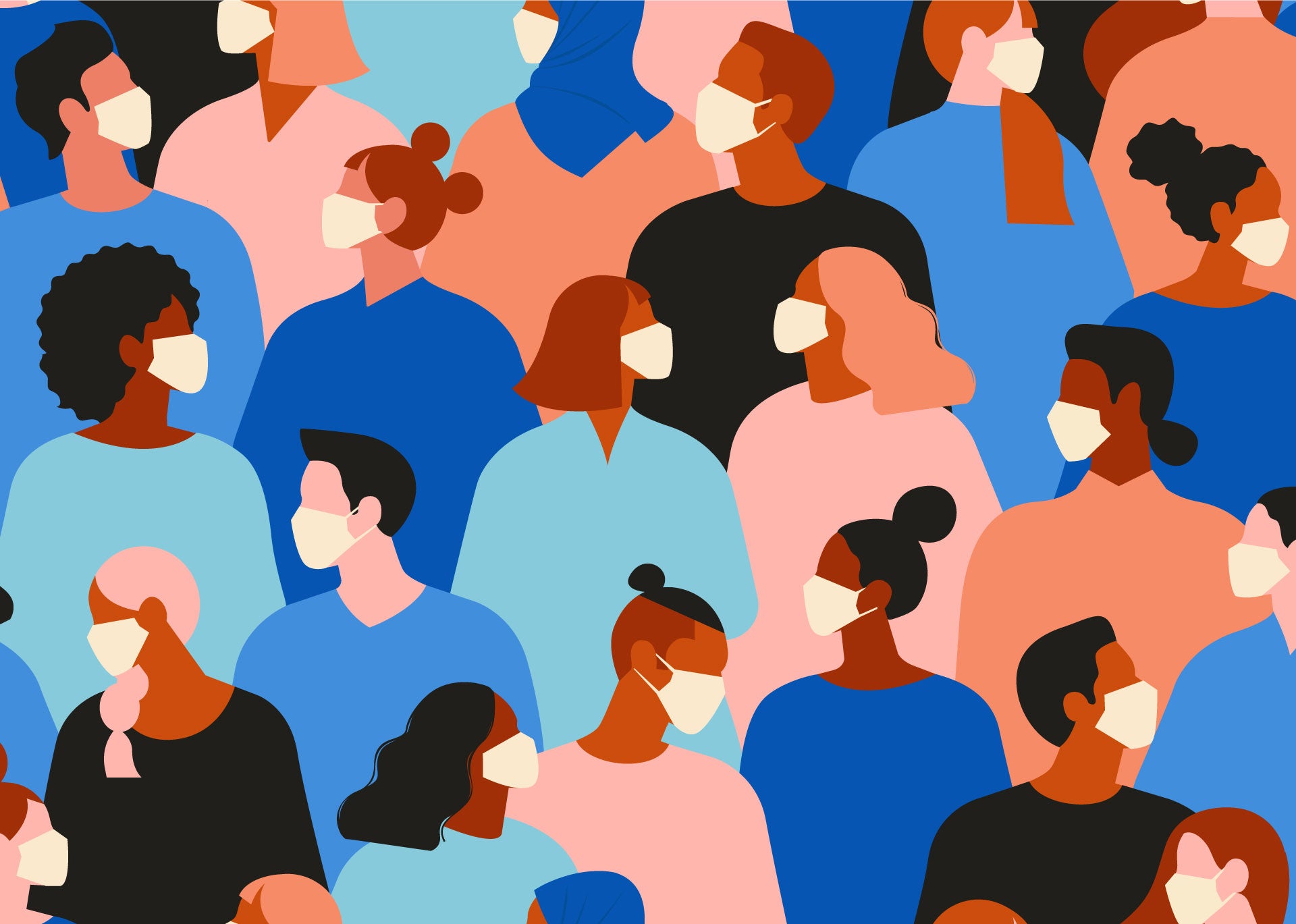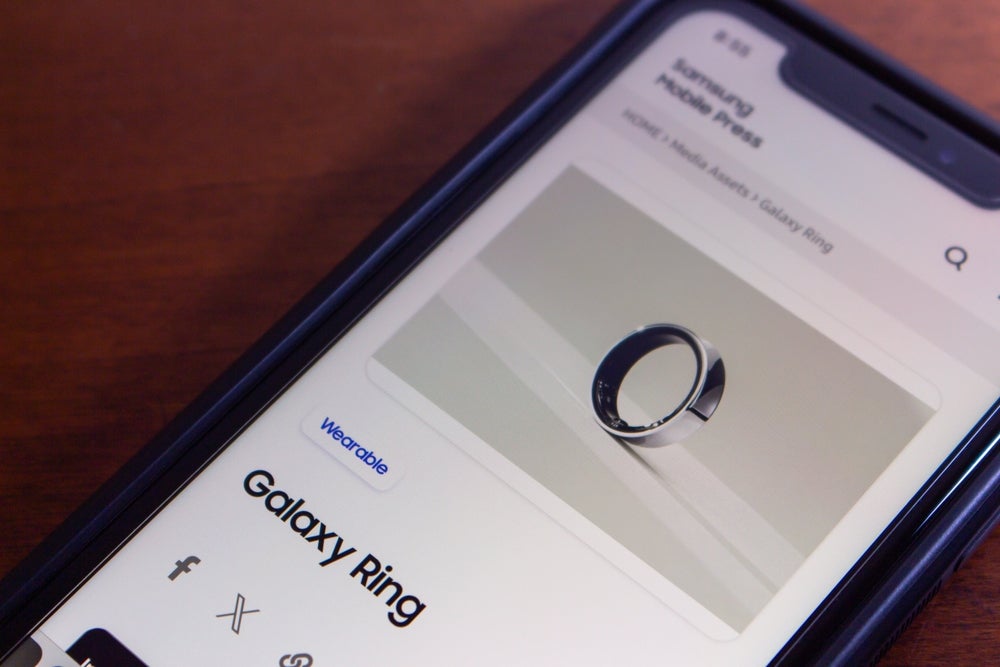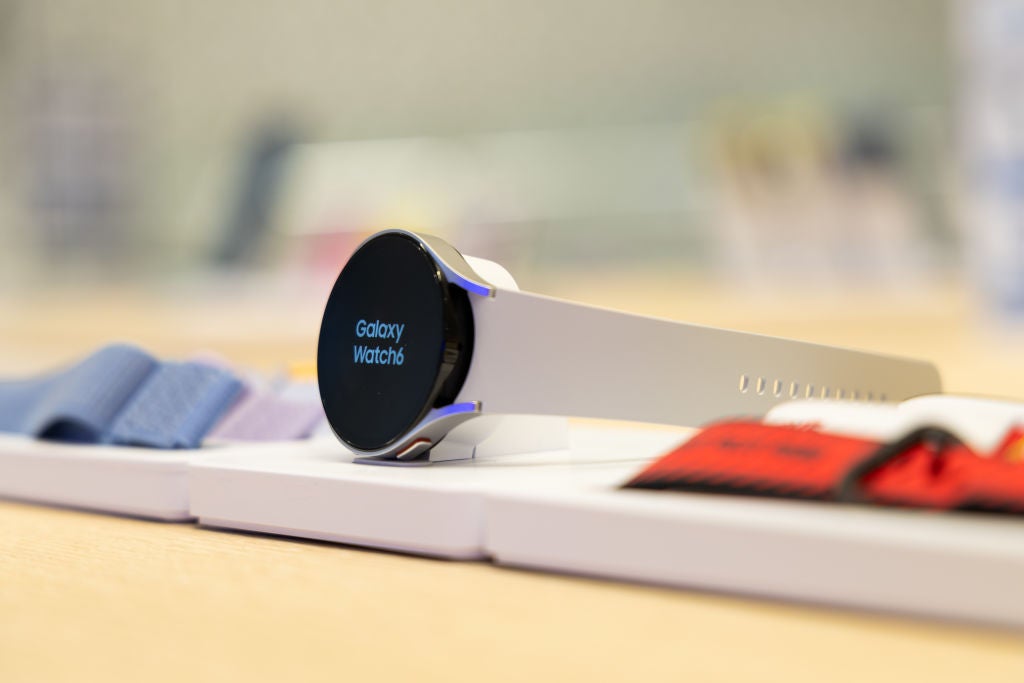The World Health Organisation (WHO) has labelled fake news on Covid-19 – the coronavirus – an “infodemic”. They have also urged tech companies to take tougher action to tackle misinformation.Social media has made it easier than ever to spread misinformation and fake news, with coronavirus providing the latest example of this phenomenon.
Misinformation on Covid-19
This infodemic is the result of social media users from around the world spreading false claims about coronavirus. Global misinformation is spreading like wildfire without being censored. Articles have been circulating on so-called miracle treatments, such as oregano oil, vitamin C, garlic, and the most dangerous ‘preventative’, chlorine dioxide (ClO2). ClO2 is being sold by online health retailers around the world as Miracle Mineral Supplement (MMS) when it is, in fact, a type of industrial bleach. Individuals who ingest the compound are likely to experience severe vomiting, diarrhoea, life-threateningly low blood pressure, and liver failure.
What can be done to fight the infodemic
Social media companies must protect the safety of their users and ensure that they only have access to genuine content. Health-related misinformation is likely to lead to confusion and panic among its users. The world’s biggest social media networks have begun to implement measures to address false information related to coronavirus. For example, Facebook has said it will remove false claims and conspiracy theories. Twitter has implemented a prompt that appears when users search for coronavirus that encourages them to use official channels, and TikTok has added a link to the WHO’s website, along with a reminder that users can report information they think might be harmful. However, despite such effort’s misinformation is still continually spreading.
As concerns mount about the spread of coronavirus, the public could benefit from social media. This is because it enables individuals to connect with real-life patients, stay informed about recommended precautions, learn where to find resources, and get medical advice on dealing with potential outbreaks.
Social media must take responsibility
Social media platforms must continue to take responsibility for filtering out false information surrounding the coronavirus. They can also be an important tool for spreading accurate reporting. For example, the WHO is using their Instagram account to flag up misinformation surrounding coronavirus and debunk miracle cures. It would be advisable for other health authorities including The Centres for Disease Control and Prevention and governments to take a similar approach to tackling social media misinformation head-on. Challenging misinformation with facts supplied by credible sources would be advantageous to the general public. This is because it would improve their understanding of the coronavirus and how to respond to it. Also, accurate reporting would help to dispel some of the hysteria developing around it.
How well do you really know your competitors?
Access the most comprehensive Company Profiles on the market, powered by GlobalData. Save hours of research. Gain competitive edge.

Thank you!
Your download email will arrive shortly
Not ready to buy yet? Download a free sample
We are confident about the unique quality of our Company Profiles. However, we want you to make the most beneficial decision for your business, so we offer a free sample that you can download by submitting the below form
By GlobalData







